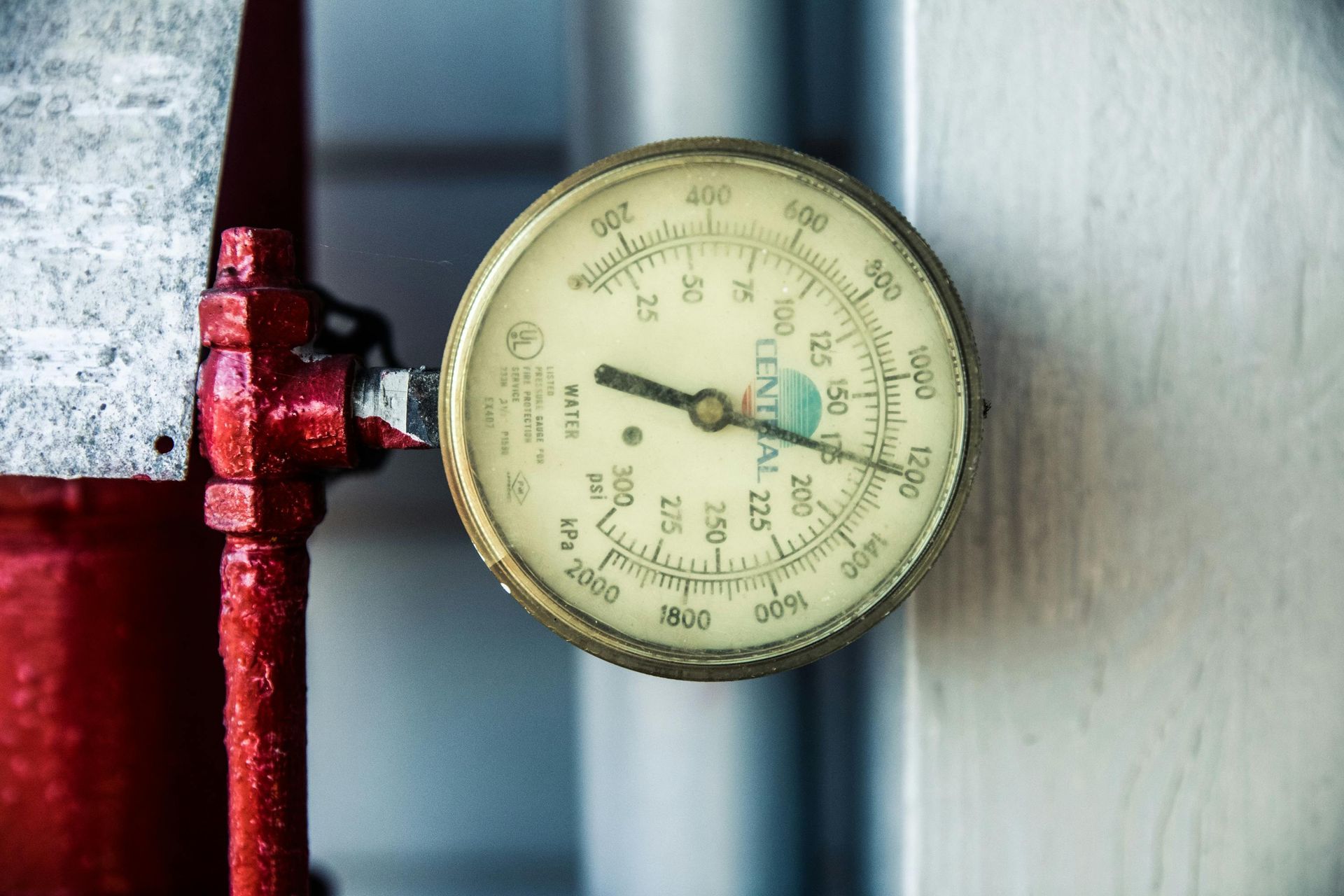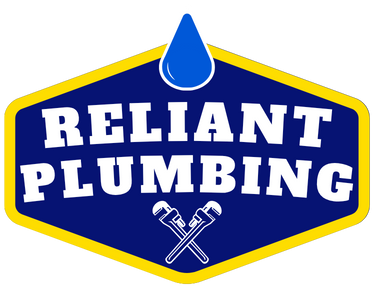
Signs of High Water Pressure in Your Home (and Why It’s a Problem)
Many homeowners think high water pressure is a good thing—it means stronger showers, faster fills, and powerful faucets, right? Unfortunately, excessive water pressure can actually cause serious damage to your plumbing system over time.
Just like blood pressure in the human body, water pressure that’s too high stresses pipes, joints, and fixtures, leading to premature failures and costly repairs.
In this article, we’ll explain the warning signs of high water pressure, why it’s dangerous, and what you can do to protect your home.

1. What Is “Normal” Water Pressure?
Most residential plumbing systems are designed to handle water pressure between 40 and 60 PSI (pounds per square inch). Anything consistently above 70 PSI is considered excessive and can shorten the lifespan of your plumbing system.
2. Warning Signs of High Water Pressure 🚨
1. Frequent Leaks in Pipes or Fixtures
If you’re constantly repairing leaks, high pressure may be straining seals and joints.
2. Running Toilets or Dripping Faucets
Fixtures wear out faster under constant high pressure, leading to leaks that waste water.
3. Banging or “Water Hammer” Noises
When water shuts off suddenly, the pressure surge can create loud bangs in your pipes—a classic sign of pressure issues.
4. Short-Lived Appliances
Water heaters, dishwashers, and washing machines all have a limited tolerance for high pressure. If yours keep failing early, pressure could be the culprit.
5. Sudden Bursts or Sprays from Faucets
When you turn on the tap and water shoots out aggressively, that’s another red flag.
3. Risks of High Water Pressure
Unchecked water pressure can cause:
- Burst pipes and flooding
- Higher water bills from wasted water
- Damaged appliances and fixtures
- Increased wear and tear on your entire plumbing system
Over time, these risks add up to major repair and replacement costs.
4. How to Test Your Home’s Water Pressure
You can buy a simple water pressure gauge from any hardware store. Attach it to an outdoor spigot and turn on the tap fully. The gauge will give you a PSI reading.
If your reading is above 70 PSI, it’s time to take action.
5. Solutions for High Water Pressure
The most common solution is installing a pressure-reducing valve (PRV) on your main water line. This device automatically lowers incoming water pressure to a safe level.
Regular plumbing inspections can also help catch and prevent issues caused by high pressure.
Final Thoughts
High water pressure may seem like a luxury, but it can quietly damage your plumbing system, waste water, and shorten the life of appliances. The good news? It’s easy to test and simple to fix with the right equipment.
If you suspect your Cambridge home has high water pressure, call a licensed plumber. Installing a pressure-reducing valve today can save you thousands in repairs tomorrow.
